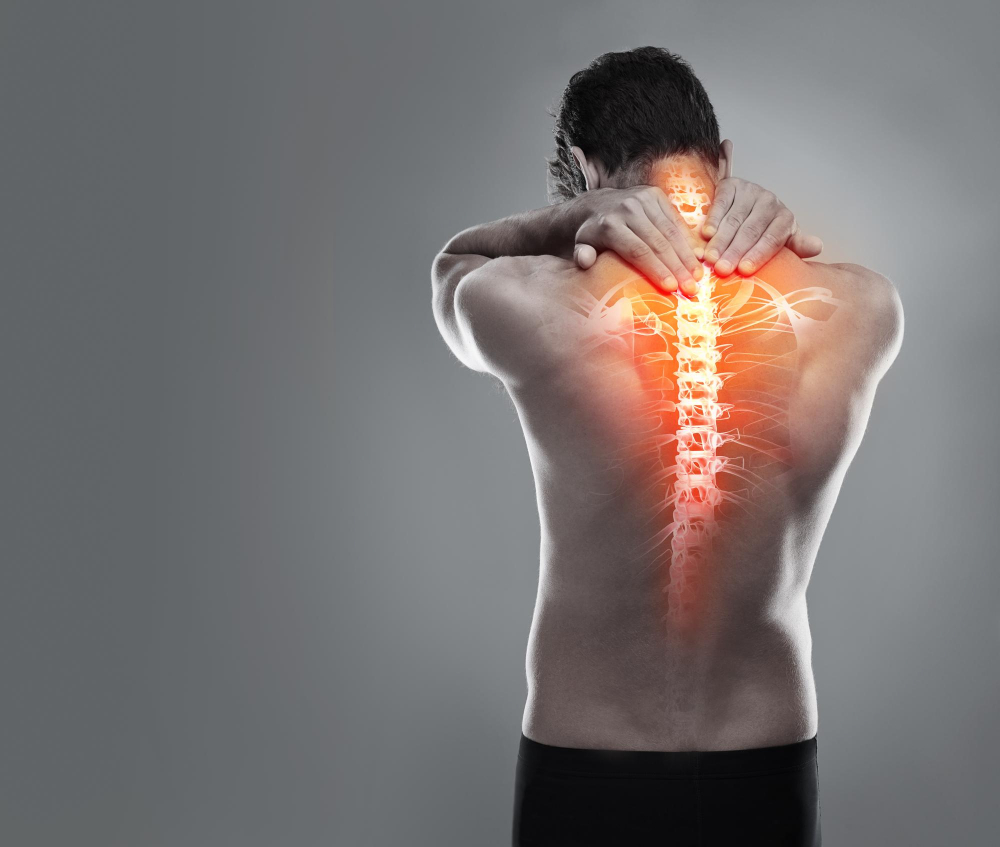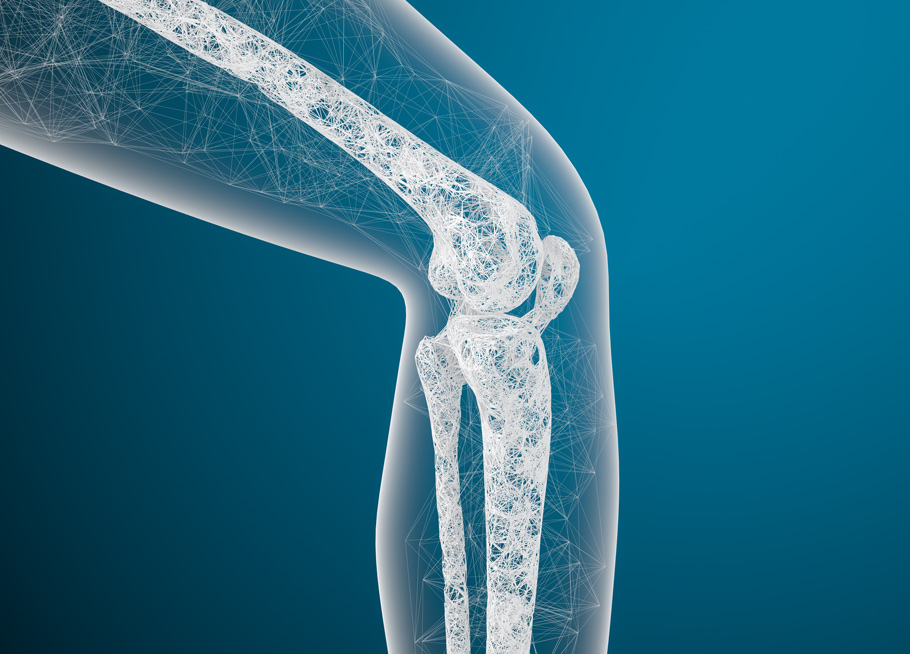
In the United Kingdom, osteoporosis is a recognized medical condition that can potentially qualify individuals for disability benefits. It’s crucial for sufferers to understand the application process, the criteria for eligibility, and the kind of support available. This article provides an in-depth view of the landscape of disability support for osteoporosis in the UK, aiding those in need to navigate the system effectively.
What is Osteoporosis?
Osteoporosis is a condition where the bones become weak and fragile, increasing the risk of fractures. It affects around three million people in the UK. This condition can have a profound impact on the life and mobility of the afflicted, sometimes necessitating additional financial support and assistance.
Disability Benefits in the UK
The UK government offers various types of financial support for individuals living with disabilities, including those suffering from osteoporosis. The main forms of assistance include the Personal Independence Payment (PIP) and the Employment and Support Allowance (ESA).
Personal Independence Payment (PIP)
PIP is a benefit for people aged 16 to state pension age who need help with daily tasks or have mobility issues. The amount received depends on how the condition affects the individual, not the condition itself.
“It’s not about the condition, but about the way it affects you.”
Employment and Support Allowance (ESA)
ESA is designed for individuals who are unable to work due to a disability or health condition. To qualify, a Work Capability Assessment is required, examining the extent to which the disability affects the ability to work.
Eligibility Criteria
For both PIP and ESA, specific eligibility criteria must be met. The assessment process evaluates the impact of the condition on the applicant’s daily life and ability to work.
- Impact on daily living
- Ability to work
- Medical evidence
- Personal assessment
Applying for Disability Benefits
To apply for disability benefits in the UK, complete the necessary application forms and provide supporting medical evidence. The DWP (Department for Work and Pensions) oversees the application process.
Supporting Medical Evidence
When applying, providing ample medical evidence is crucial. This includes medical history, treatment records, and a detailed report from a healthcare professional outlining the impact of osteoporosis on daily life and ability to work.
Osteoporosis and Disability Benefits: An Overview
| Benefit | Eligibility | Assessment |
| PIP | Aged 16 to state pension age, need help with daily tasks or mobility issues | Based on how the condition affects the individual |
| ESA | Unable to work due to disability or health condition | Work Capability Assessment |
Is Bone Density Considered a Disability?
When discussing osteoporosis and eligibility for disability benefits, a common question that arises is whether low bone density itself is considered a disability. In the UK, having low bone density or osteopenia is not classified as a disability in itself. However, it’s essential to understand that it is the symptoms and complications that are assessed rather than the diagnosis alone.
“It is the impact of the condition on your daily life and ability to work that determines eligibility for disability benefits, not the diagnosis alone.”
The impact of osteoporosis on daily activities and mobility can be significant, leading to eligibility for benefits. The assessment will focus on how the condition affects the ability to carry out daily tasks, move around, and work. If low bone density has led to osteoporosis and subsequent complications that impact daily life and work capacity, it may be considered for disability benefits.
Even if you have low bone density or osteopenia, it is crucial to explore all available avenues for support and assistance. Proper medical documentation detailing the effects of the condition on daily life and the ability to work is paramount in successfully securing disability benefits.
Is Osteoporosis Considered a Chronic Illness?
Osteoporosis is indeed classified as a chronic illness. It is a long-term health condition that significantly impacts the bones, making them weak, brittle, and more prone to fractures. Because it’s a progressive disease, it worsens over time if not managed effectively.
“Osteoporosis is a lifelong condition that requires continuous management and care.”
The classification of osteoporosis as a chronic illness underscores the necessity for ongoing medical attention, lifestyle adjustments, and potential financial support. The UK recognizes the long-term and chronic nature of osteoporosis, and individuals with this condition may be eligible for certain disability benefits and support services that are available for chronic illnesses.
It’s important for individuals diagnosed with osteoporosis to be proactive in managing their condition, seeking medical advice, pursuing appropriate treatments, and exploring potential financial aid and disability benefits to mitigate the impact of the disease on their daily lives and long-term well-being.
Conclusion
Individuals with osteoporosis in the UK may qualify for disability benefits, providing essential financial support and assistance. Understanding the available options, eligibility criteria, and application process is pivotal for securing the necessary aid and ensuring a better quality of life despite the challenges posed by osteoporosis.
Article by Dr. Naveen Bhadauria



